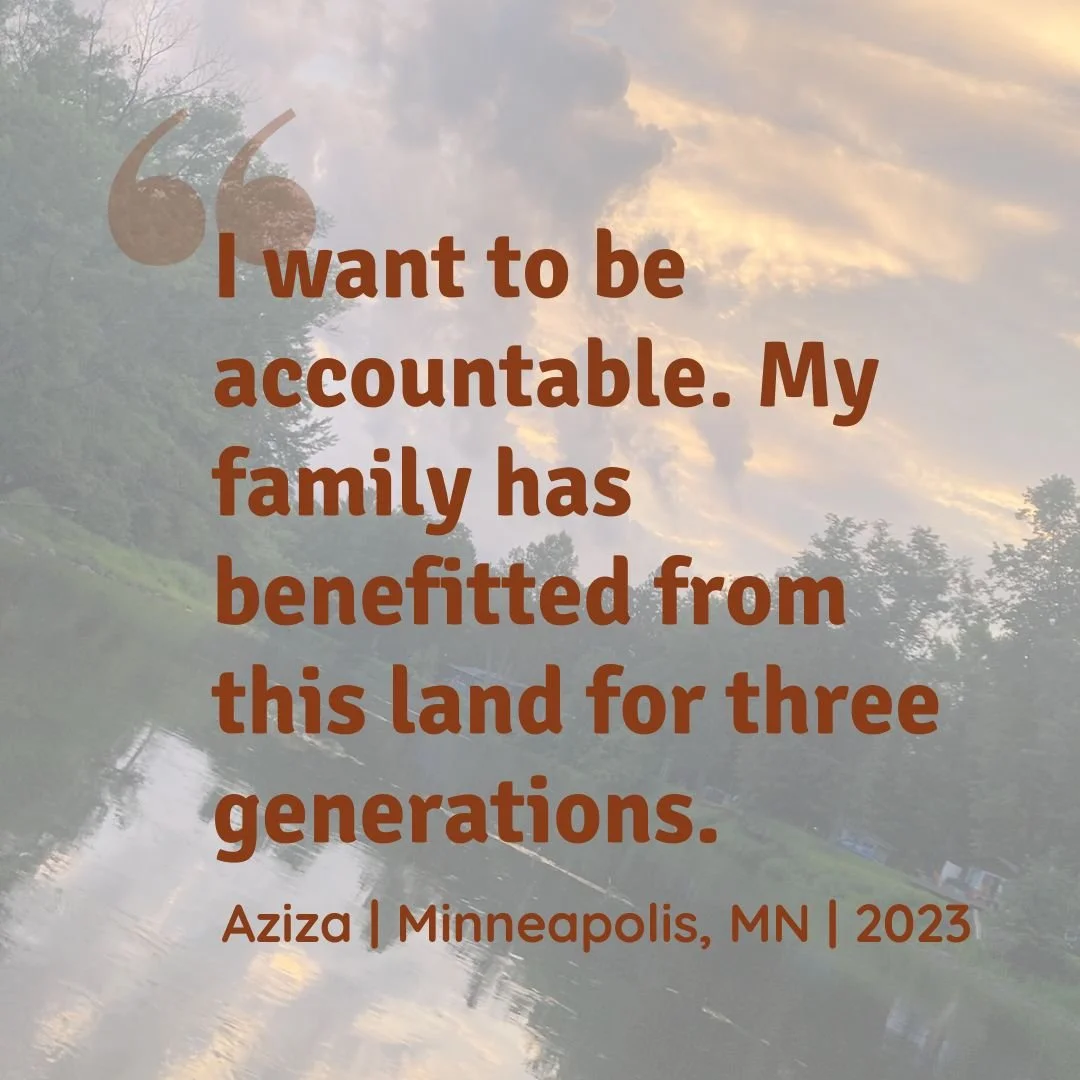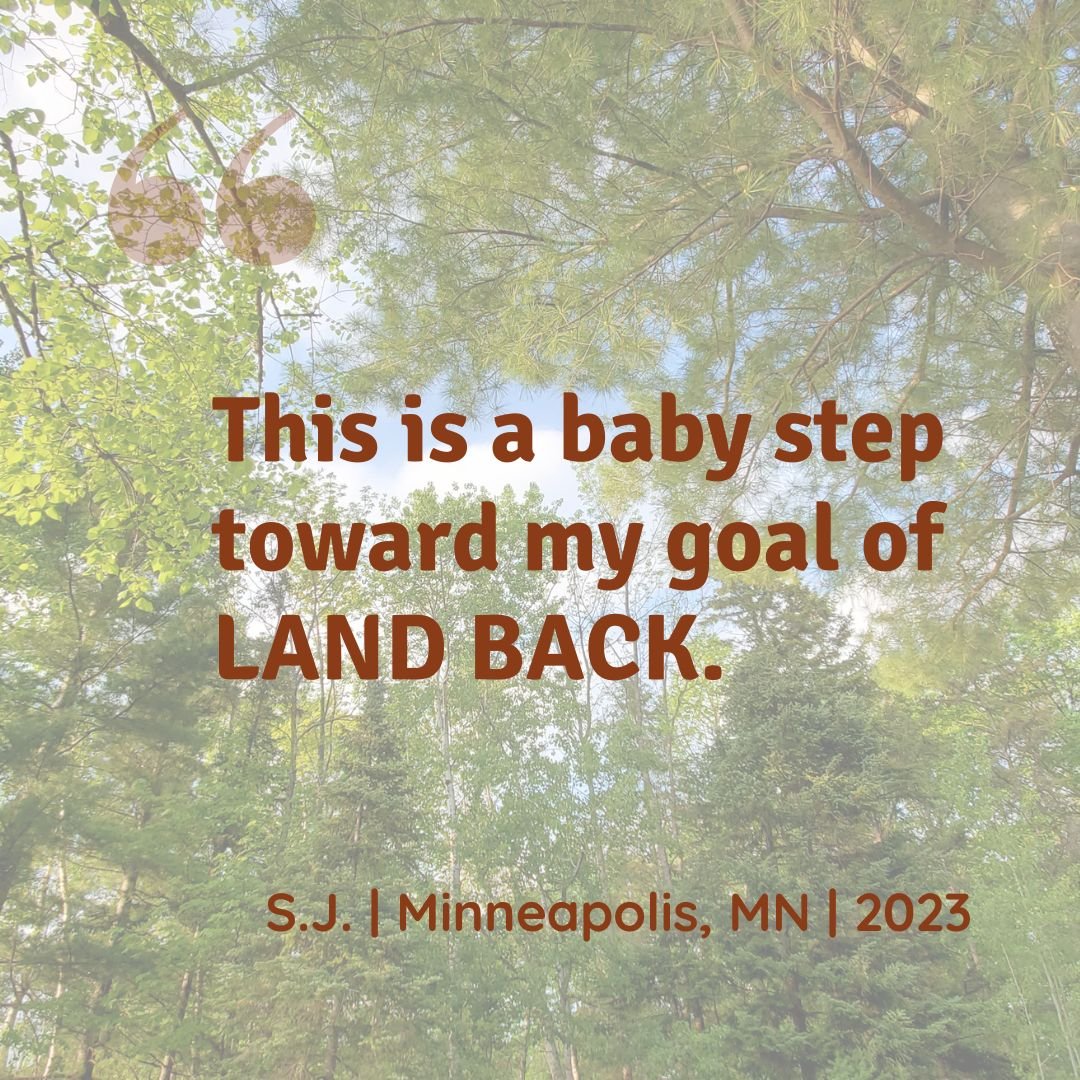Map of Treaty Cessions by Charles C. Royce, Bureau of American Ethnology (1899)
hon·or
/ˈänər/
noun
high respect; great esteem.
adherence to what is right.
verb
regard with great respect.
fulfill an obligation or keep and agreement.
tax
/taks/
noun
a contribution to governmental revenue, levied according to a person’s income, the value of their property, etc., and that is used to pay for the things done by the government.
What contributors are saying about the Mni Sota Makoce Honor Tax
What is an honor tax?
For thousands of years, the Dakota Oyate lived in and cared for much of the land we now know as Minnesota. Even as external pressures pushed Dakota bands out of northern Minnesota, the Dakota continued to maintain traditional villages, hunting and gathering grounds, and travel routes throughout the area that stretches south across Minnesota from Moorhead to Cambridge.
Through treaties, wars, and broken promises, the United States took that Dakota land as its own. You can learn more about this history on the What and Why pages of this site. The Lower Sioux Indian Community is a modern-day successor of the treaties the United States broke, and of some of Minnesota’s difficult history.
Today, people who live, work, and visit this land can recognize and support the enduring sovereignty of the Lower Sioux Indian Community by contributing to this Honor Tax. The tax is a voluntary payment made directly to the tribe by those who live in, work on, and visit traditionally Dakota land within Minnesota. The Lower Sioux Indian Community did not request or initiate this Honor Tax, but its Tribal Council has passed a resolution accepting the tax as a gift of governmental revenue. Whether you think of this tax as “rent,” “repair,” or something else, please explore this site and consider whether and how much you can contribute to this Honor Tax to the Lower Sioux Indian Community.









